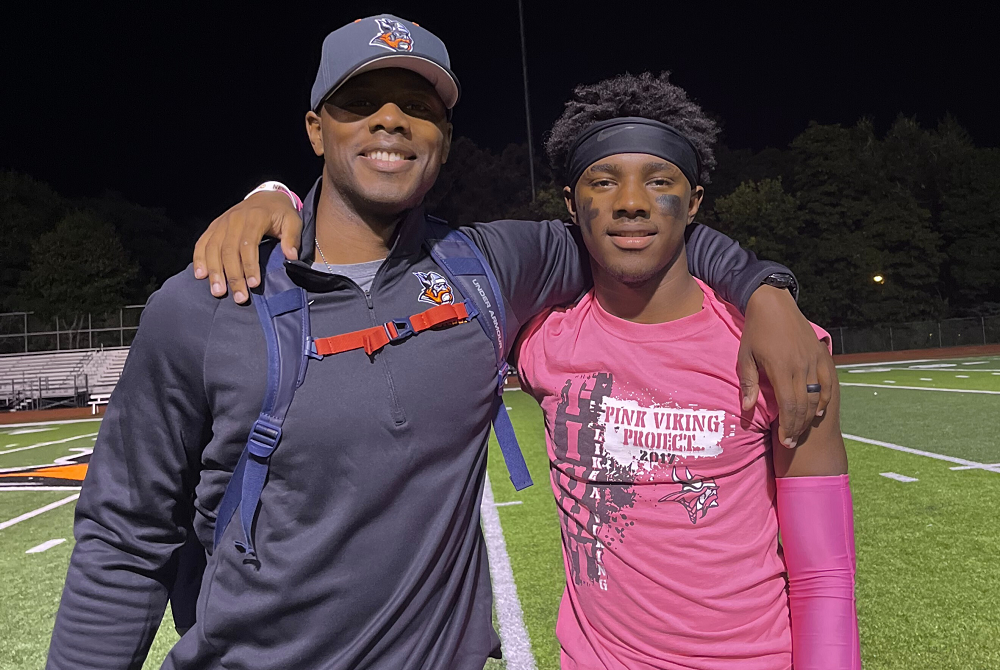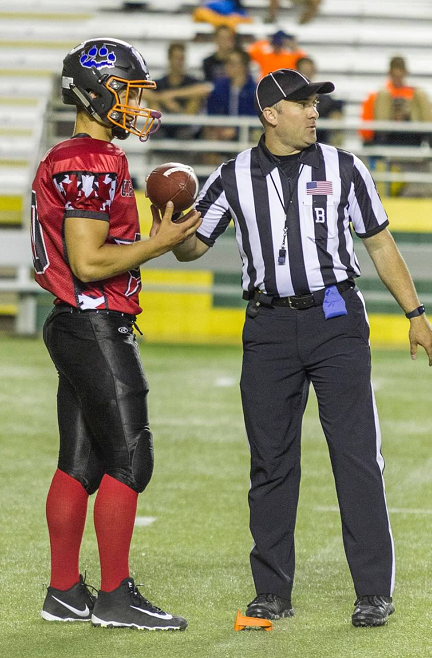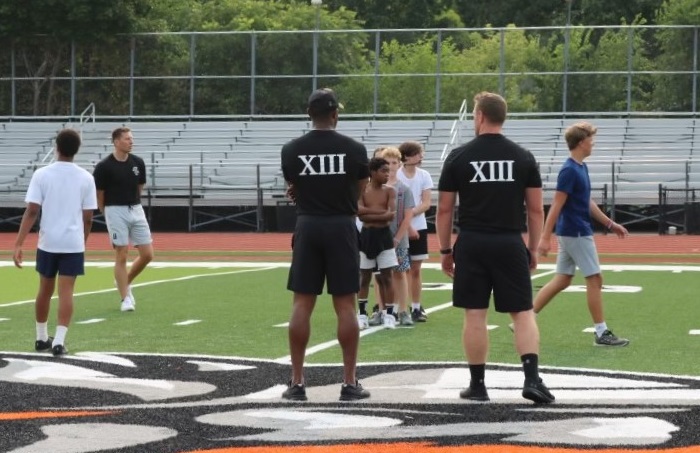
“Who Needs This?”
May 24, 2013
One of the best barometers we have for informing us of the health of Michigan’s economy is to examine the number of registrations to be an MHSAA official. When the economy is poor, registrations trend upward; when the economy is improving, registrations decline.
Well, business must be booming in Michigan! Since the 2007-08 school year we’ve fallen almost 2,000 registrations.
Some of this decline can be explained away by the fact that registrations spiked upward when we allowed some free registrations in volleyball and basketball following the 2007 court-ordered changes in the girls volleyball and basketball seasons. But most of the recent decline – certainly the 1,000 decline of the past two years – is unrelated to discontinuing those promotional efforts; and it’s unrelated to a very reluctant resurgence in Michigan’s economy.
What is at work here now are two newer forces that frustrate efforts to maintain a pool of officials that is adequate to handle all the contests of a broad and deep interscholastic athletic program, and to handle those contests well:
- The first is the rise of social media and “instant criticism.” Spectators not only can critique calls before the official gets home from the game, those spectators can do so during the game. Their biased comments – and photos – can go worldwide before the official has left the venue! Really, who needs this? There have got to be less stressful hobbies.
- The second factor is the increased dependence on assigners. As local school athletic directors’ jobs became larger and more complicated, and as they were often given less time to do those jobs, more have had to turn to local assigners who will hire contest officials for groups of schools in one or more sports. As assigners built their little kingdoms, new officials have found it harder to break in and obtain a rewarding number of assignments. Many officials who have found themselves out of sorts with a local assigner have said, “Really, who needs this?” They find more fulfilling ways to spend their time.
The fact is that school-based sports – educational athletics – needs officials. We need them.
We need more officials and we especially need more young officials. Officials are vital members of the team that is necessary to provide a school-based sports program that actually does what it says it does – and that is to teach life lessons, including fair play and sportsmanship.

From MSP Post to Postgame: Lieutenants Return to the (Football) Field
September 27, 2023
While fans are settling into another season, Michigan State Police Lt. Tedric Gibbs has been fully immersed in football for months.
The Jackson Post’s assistant post commander serves as assistant coach for Jackson High School’s varsity football team and for the team at Parkside Middle School.
“I started coaching when my older son was in youth sports, as a way to do something together that we both love,” Gibbs said. “My younger son followed the same path, so I joined his team too. I grew up in Jackson and am grateful to be able to serve my hometown from the sidelines and at our post.”
 Some 400 miles north, Lt. Mark Giannunzio is also a familiar face in and on the field. The MSP Negaunee Post assistant post commander and Eighth District public information officer enforces the rules of the game as a high school and college football official, the latter for the Great Lakes Intercollegiate Athletic Conference.
Some 400 miles north, Lt. Mark Giannunzio is also a familiar face in and on the field. The MSP Negaunee Post assistant post commander and Eighth District public information officer enforces the rules of the game as a high school and college football official, the latter for the Great Lakes Intercollegiate Athletic Conference.
“I started at the high school level to stay involved in athletics and make authentic connections in the community,” Giannunzio said. “It’s rewarding to help teach the game and share knowledge of the rules. I currently have a full 11-game schedule in the GLIAC Division II college conference, with high school games interspersed during the year.”
The correlation among coaching, officiating and policing translates.
“With my fellow troopers, I want to inspire, motivate and encourage to get the most out of them,” Gibbs said. “I take the same approach with my players to figure out what they need from me, as their designated leader, to be as successful as they can. In both capacities, I do the work alongside them. We do it together.”
This approach is especially important when tough times surface. Lieutenant Gibbs’ high school team experienced tragedy right before its first game when a player died in a car crash.
“We focused on adversity,” said Gibbs, who was in a unique position to talk from a police perspective too. “It’s a benefit to have that insight and background and share it with what they can control – make good decisions and wear your seatbelt.”
Lieutenant Gibbs incorporates his coworkers when he can, like during spring conditioning when fellow troopers join him and his players, helping all involved to make new connections and build strong bonds between the students and officers.
 “One of the most important attributes in both careers is communication,” Giannunzio said. “Communication can make or break an official and a police officer. Much like selling a citation to a motorist, I need to be able to sell the penalty in a calm and professional manner. Demeanor and attitude go together on both the football field and when we are out patrolling in the Blue Goose.”
“One of the most important attributes in both careers is communication,” Giannunzio said. “Communication can make or break an official and a police officer. Much like selling a citation to a motorist, I need to be able to sell the penalty in a calm and professional manner. Demeanor and attitude go together on both the football field and when we are out patrolling in the Blue Goose.”
Treating everyone with dignity and respect is something Lieutenants Gibbs and Giannunzio commit to as members of a modern police agency and in their areas of expertise on the football field.
“Both roles afford so many opportunities to develop culture and cultivate teamwork,” Gibbs said. “The best part is watching others flourish and playing a part in their growth.”
PHOTOS (Top) Michigan State Police Lt. Tedric Gibbs, left, serves as an assistant football coach for the Jackson High varsity. (Middle) Lt. Mark Giannunzio officiates at the high school and college levels. (Below) Gibbs also coaches at Jackson Parkside Middle School. (Photos provided by the Michigan State Police.)

